Horses are creatures of habit, and a structured routine gives them a sense of safety and comfort. Predictable feeding, grooming, and exercise times help reduce stress and create a more cooperative and content animal. Without routine, many horses can become anxious, unsettled, or even develop behavioral issues. By keeping things consistent—whether it’s their turnout schedule or nighttime feeding—you help your horse feel secure in their environment. Plus, a well-established routine strengthens your bond, making daily care smoother and more enjoyable for both of you. It’s a simple but powerful way to support your horse’s emotional and physical well-being.
The Comfort of Predictability
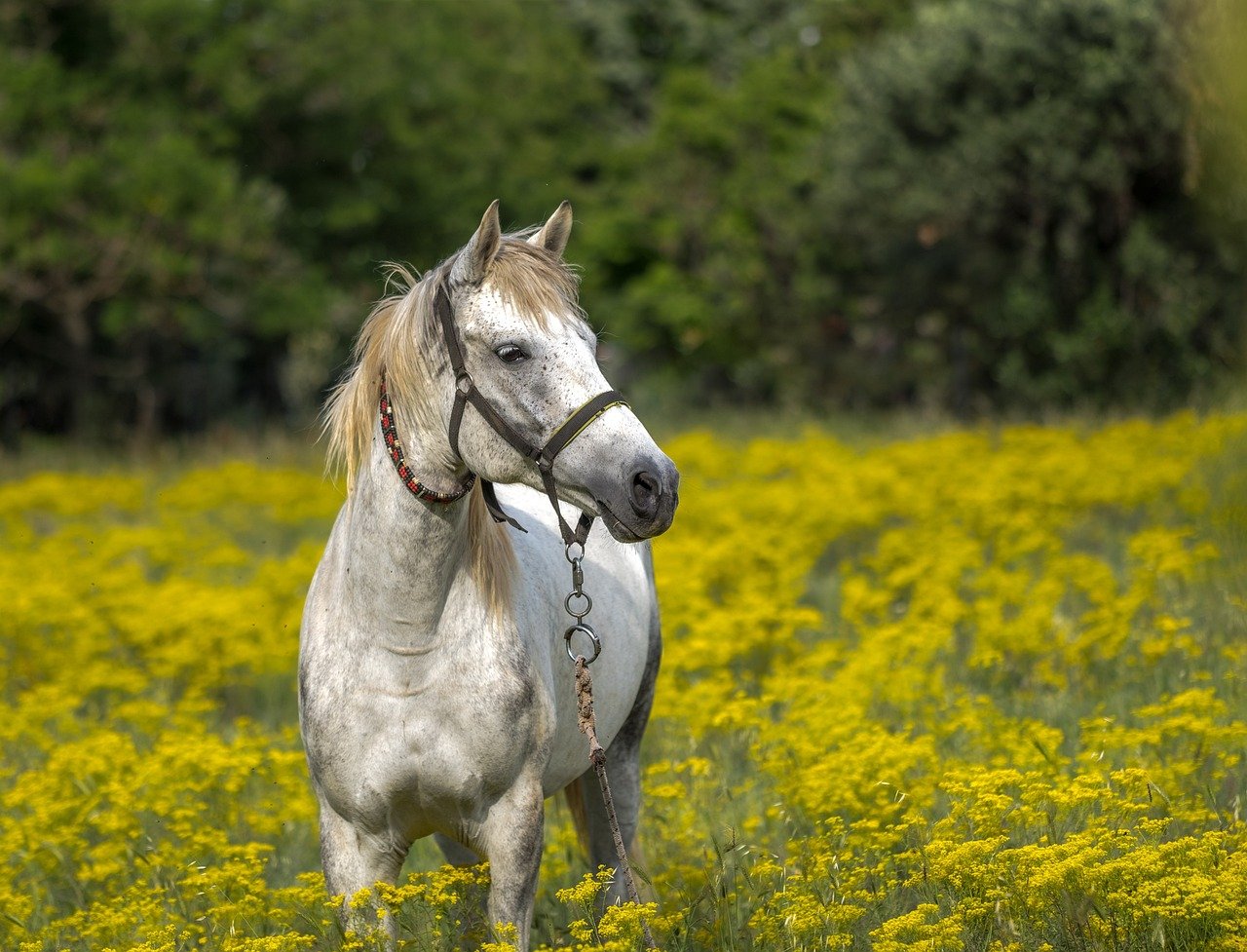
Horses are prey animals by nature, and their survival in the wild often depended on being able to predict their environment. In domestication, this instinct doesn’t disappear—it simply adapts. When horses know what to expect, they feel safe. A consistent feeding time, familiar faces, and daily routines provide a sense of control over their world. This predictability eases their anxiety and lowers stress, making them more trusting and cooperative with their handlers. If you’ve ever seen a horse get antsy when dinner is late, you’ve witnessed just how much value they place on routine.
Routine Reduces Stress and Anxiety
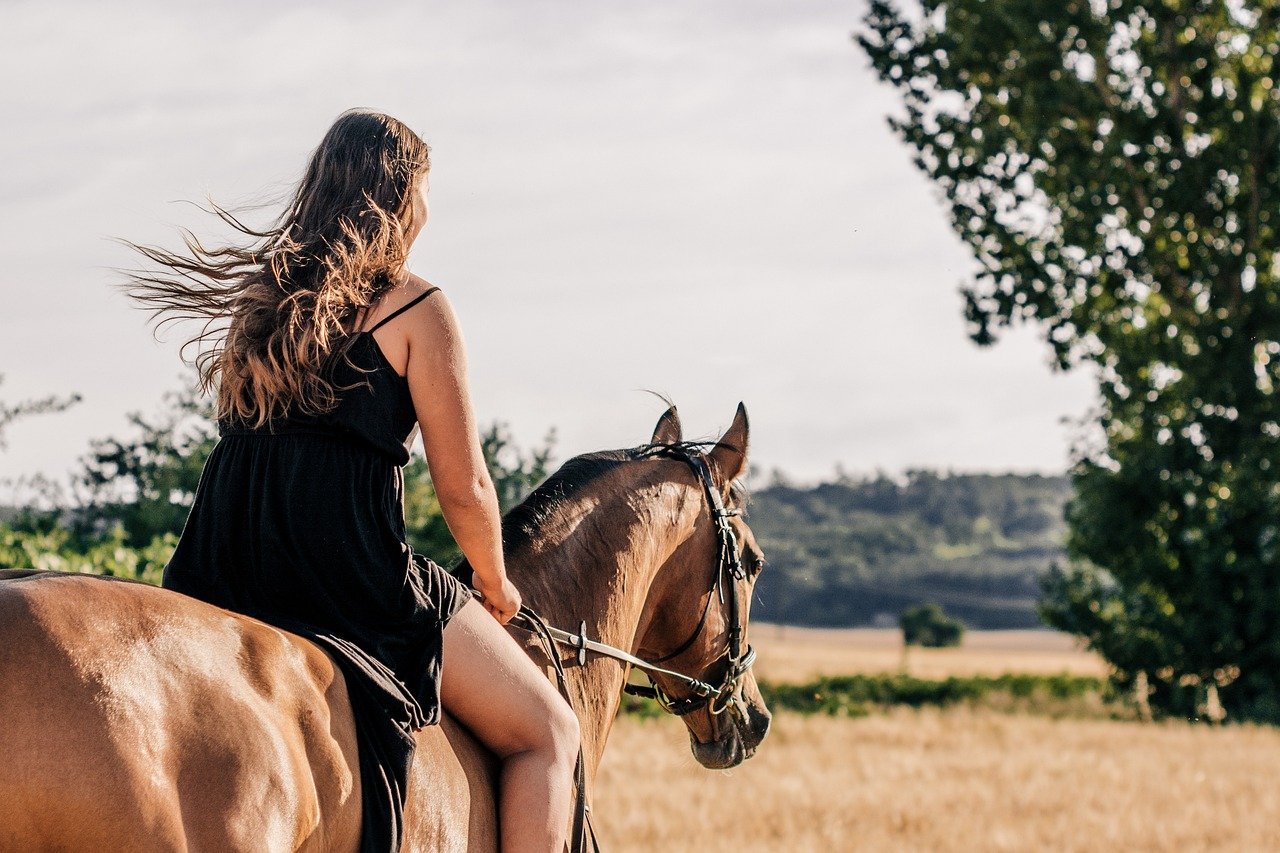
Imagine suddenly switching your daily coffee for tea, rearranging your schedule, and expecting your mind to stay calm. For a horse, sudden changes in routine can trigger stress and anxiety, leading to behaviors like weaving, cribbing, or even aggression. Keeping a regular routine—feeding, turnout, exercise—creates a sense of normalcy. Horses learn to anticipate what comes next, so their minds can relax. A relaxed horse is less likely to develop bad habits and is generally easier to train and handle. Consistency truly creates a peaceful environment for your equine friend.
Feeding Schedules Matter
Horses have delicate digestive systems, and abrupt changes in feeding can lead to colic or other health issues. Feeding at the same times each day helps regulate their internal clock and keeps their gut health in check. Horses naturally graze for many hours in the wild, so providing regular, spaced-out meals mimics this pattern. Even a small delay in feeding can cause anxiety or gastric discomfort. Sticking to a feeding schedule not only keeps your horse’s body healthy, it also soothes their mind.
Consistent Turnout Times
Turnout isn’t just playtime—it’s an essential part of your horse’s mental and physical well-being. Horses benefit from moving freely and socializing with companions, but abrupt changes to turnout routines can cause distress. If your horse is used to a morning outing but suddenly stays in their stall, they may become restless or even destructive. Keeping turnout times predictable reassures your horse. It’s like knowing you’ll get your daily walk or favorite TV show without fail—routine makes life enjoyable and less stressful.
Stable Environment, Stable Mind
The physical environment your horse lives in plays a crucial role in their happiness. A stable that feels familiar, with the same bedding, lighting, and scents, helps your horse feel at home. Even something as simple as moving your horse to a different stall can unsettle them. Horses notice the smallest changes—new neighbors, different sounds, or unfamiliar objects can throw them off balance. Try to keep the layout and surroundings as consistent as possible, and introduce changes gradually to give your horse time to adjust.
Exercise and Training Consistency
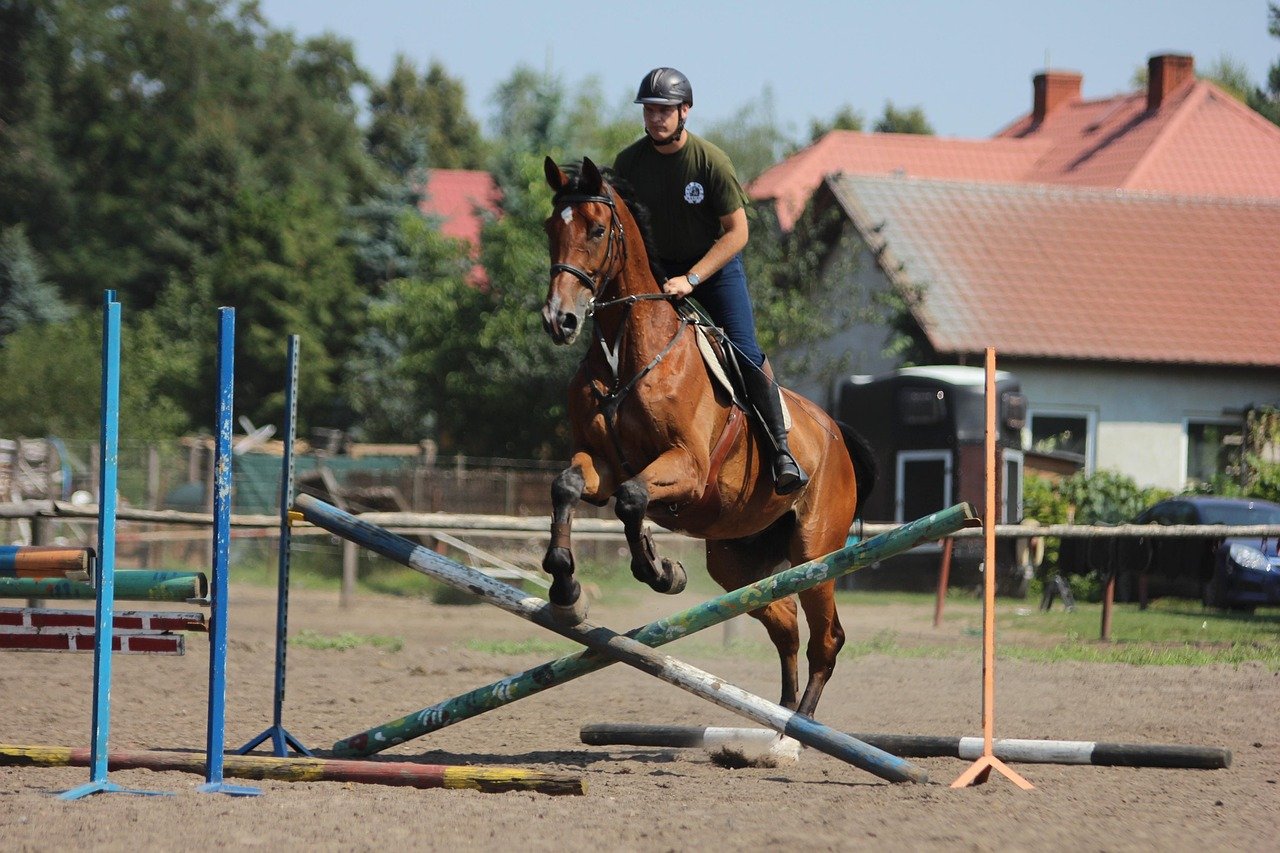
Just like people, horses benefit from regular exercise and mental stimulation. A sporadic training schedule can confuse and frustrate your horse, making progress slow and unpredictable. When exercise and training sessions happen at the same times, your horse learns what to expect and becomes more focused. Whether you ride in the morning or evening, stick to a pattern. Repetition builds confidence, and confident horses are willing, attentive, and eager to learn. Think of it as setting a rhythm—once your horse knows the beat, they’ll dance along smoothly.
Building Trust Through Routine
Trust is the cornerstone of a strong horse-human relationship, and routine is the foundation trust is built on. Horses are more likely to trust handlers who are consistent and predictable. When you show up at the same time each day, use familiar cues, and handle your horse with calm assurance, you reinforce their sense of safety. Over time, your horse will look to you as a reliable guide. This trust makes everything—from grooming to loading into a trailer—easier and less stressful for both of you.
Handling Changes with Care
Life isn’t always predictable, and sometimes routines must change. The key is to make transitions as smooth as possible. When introducing a new feeding time, exercise routine, or stablemate, do it gradually. Give your horse time to adjust by making small changes over several days or weeks. Watch for signs of stress, such as pinned ears, pacing, or loss of appetite, and be ready to give extra reassurance. A gentle approach to change helps your horse adapt without feeling overwhelmed.
Social Interactions and Familiarity
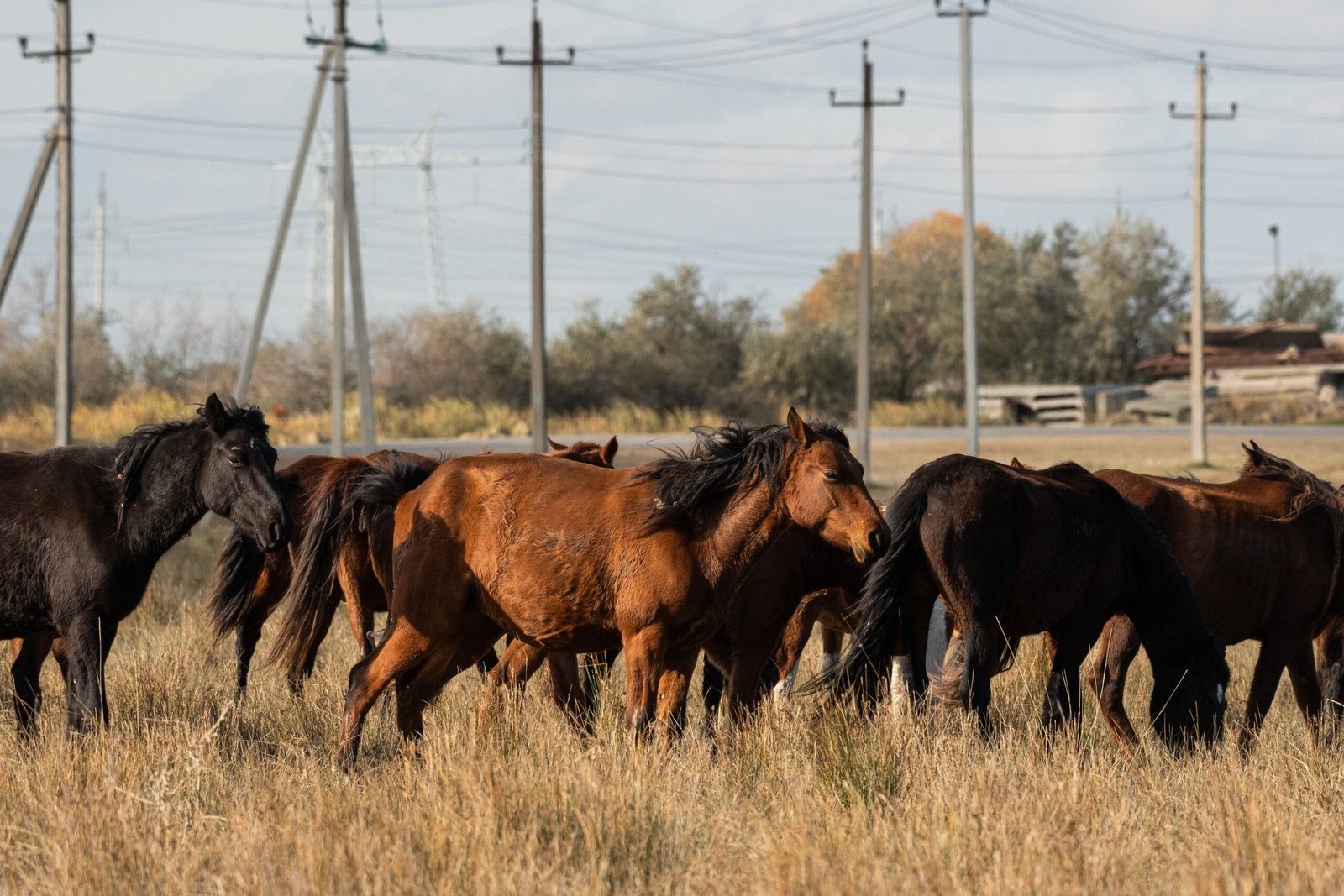
Horses are social animals, and their relationships with other horses—and people—are vital to their well-being. Routine isn’t just about schedules; it’s also about who your horse spends time with. Changing turnout groups or switching riding partners too often can be unsettling. Horses form close bonds, and familiar companions offer comfort, much like friends do for us. Try to maintain consistent social groups and limit the number of major changes at once. Your horse will feel more secure knowing they have their “herd” nearby.
Daily Care Rituals
Grooming, hoof picking, and simple check-ins might seem mundane, but these daily rituals mean a lot to your horse. Horses come to expect these moments as part of their day—almost like a warm hug or a friendly chat. Skipping or rushing through care can leave your horse feeling neglected and anxious. Taking your time, using the same gentle approach, and talking softly can turn daily care into a bonding experience that reassures and relaxes your horse. These rituals are the glue that holds your routine together.
Recognizing When Routine Is Lacking
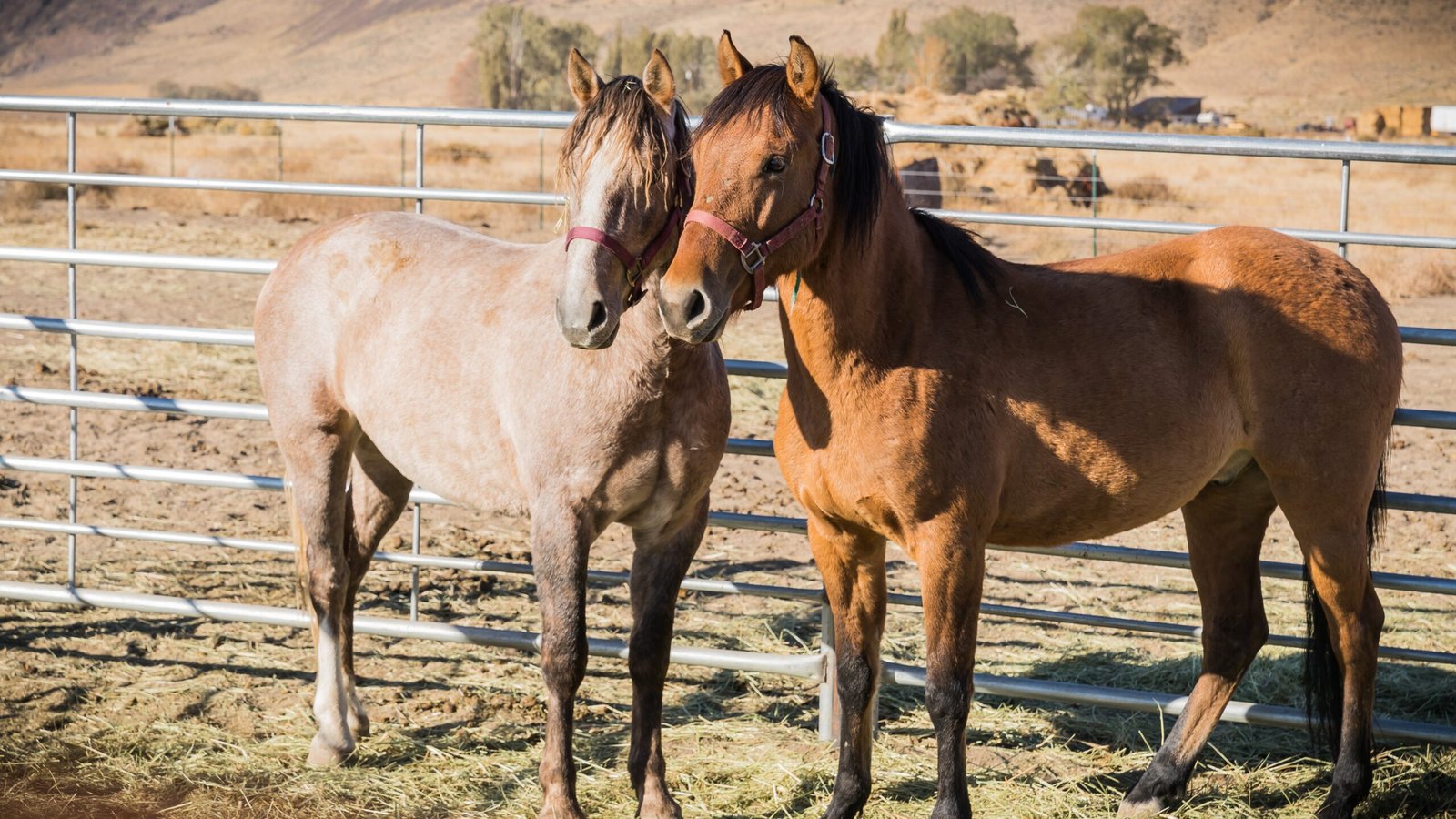
Sometimes, horses show us when they’re missing the comfort of routine. Signs can include changes in eating habits, sudden mood swings, or new behavioral issues. If your horse seems unsettled, look for gaps in their routine. Maybe feeding times have shifted, or turnout has become unpredictable. Reestablishing a clear pattern can quickly restore your horse’s sense of security. Remember, even the smallest change can make a big difference in how your horse feels and behaves.
At the end of the day, giving your horse a consistent routine isn’t just about convenience—it’s about care. Horses thrive when they know what to expect, and that structure helps them feel safe, balanced, and happy. A stable schedule can ease anxiety, prevent behavioral issues, and deepen the trust between you and your equine friend. So whether it’s feeding, grooming, or turnout, keeping things steady truly makes a difference in your horse’s overall well-being. What changes could you make today to bring more stability and happiness into your horse’s life?

Esther is from India; the heartbeat of South Asia, holding a Master’s degree in Zoology and a postgraduate diploma in Animal Welfare. Her enthusiasm for animal welfare drives her passion and dedication to working for animals, ensuring their well-being, and advocating for their rights. With a solid academic background and hands-on experience, she is committed to making a positive impact in the field of animal welfare. In her free time, she enjoys embroidery and sewing. As a Chennaite from Tamil Nadu, Esther loves Bharathanatyam, an Indian classical dance form.





